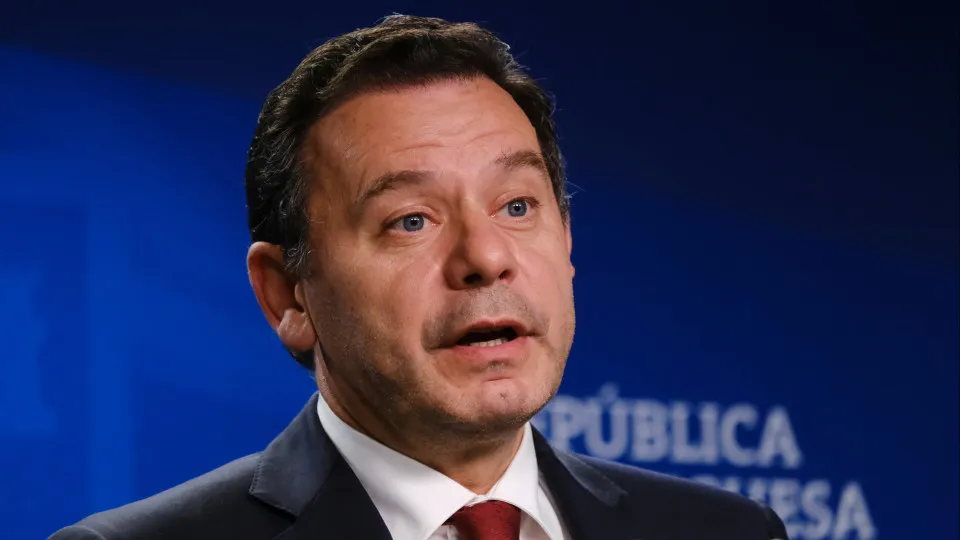
“My main message today is very direct: the global economy is better than we feared, but worse than we need,” said Kristalina Georgieva at the conclusion of the meeting of the leaders of the world’s 20 most industrialized economies, which took place in Johannesburg, and for the first time in Africa.
Amidst “radical policy changes and profound transformations,” a common theme emerged, the importance of building resilience, she added, noting that the economy is better than anticipated “because it has shown resilience to multiple shocks, trade tensions, and high uncertainty,” largely due to the dynamism of the private sector and the strengthening of institutions over the years.
On the other hand, she admitted, the global economy is worse than desirable, with “persistently low growth — below pre-covid levels — and exceptionally high debt, suffocating many countries, especially the poorest.”
Arguing that governments need to do their homework through policies that build trust and promote structural reforms, Georgieva highlighted that “domestic action needs to be complemented by collective action” and stressed that “political cooperation is especially vital in times of uncertainty.”
The necessity of securing new public and private financing for the most needy countries was also underscored by the Fund’s leader, who maintains 21 ongoing programs in sub-Saharan Africa, out of a total of 50 worldwide.
“Debt measures must also be more decisive; good progress has been made within the Common Framework [beyond the Debt Service Suspension Initiative, launched in April 2020], but more efforts are needed to achieve faster and more predictable debt restructurings,” she argued.
Regarding Artificial Intelligence, a subject that has permeated all international meetings in recent months, the IMF leader stated that the use of AI “can reverse the trend of slow growth,” providing almost 1% additional economic growth, which is “remarkable.”
However, she acknowledged, “not all countries are prepared,” as “in advanced economies, potentially 60% of jobs will be affected, in emerging market economies 40%, and in low-income countries 26%, thus AI is like a tsunami hitting the labor market.”
In the statement sent to journalists at the end of the Johannesburg meeting, Georgieva further mentioned that the IMF has created a “readiness index” for AI across four dimensions.
What does it mean to be prepared? We have created a readiness index that analyzes four dimensions: digital infrastructure, skills and flexible labor markets, diffusion and ethics, and regulation.
“We see a very wide spectrum of divergences, with few countries performing very well in all, many countries performing well in some, and a group of countries, mostly developing, lagging behind,” she stated.
To help countries advance, the IMF advocates three priorities: domestic policies that rapidly improve AI readiness, a common platform for ethics and regulation, led by the United Nations, and assisting developing countries to not fall behind, ensuring “that AI is a force of prosperity for all,” she concluded.




